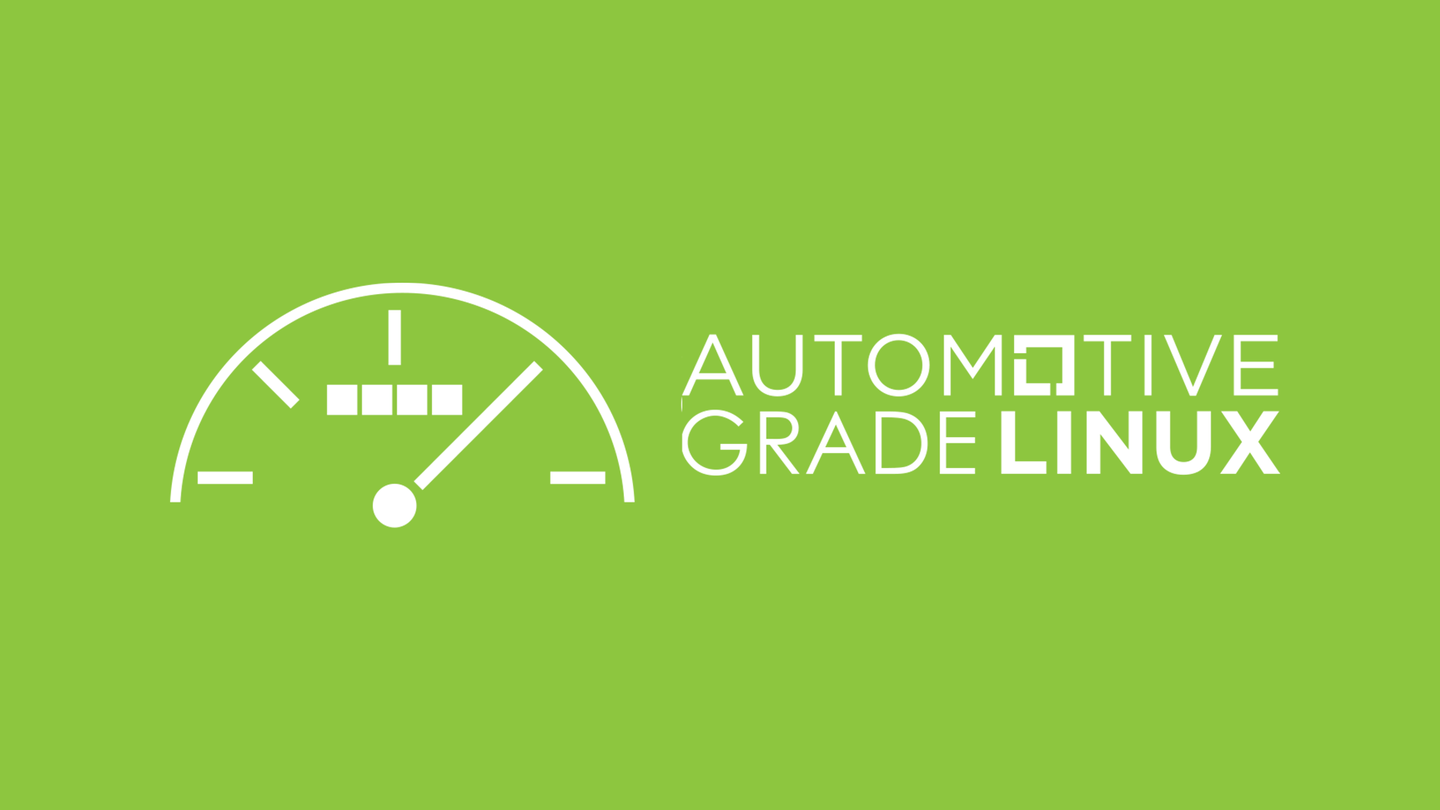Volkswagen Adds To Automotive Grade Linux’s Growing Clout
The massive German automaker joins the growing Automotive Grade Linux family, in an effort to protect data from Big Tech.

Over the last weeks, rumors about a drastic expansion of the Automotive Grade Linux ecosystem have been rampant, and today, the Linux Foundation finally confirmed that Germany’s Volkswagen Group has jumped on the rapidly accelerating AGL bandwagon. “Yes, they signed, and we’ll send out an announcement shortly,” AGL spokesperson Emily Olin said.
With Automotive Grade Linux, the open source operating system is repeating what it did for servers, workstations, powerplants, network centers and more around the world: Create a common standard, designed by the people who use it, make it freely available, and send proprietary systems to the dustbin.
More so, AGL is the auto industry’s moat against data leeches like Apple and Google. “For the car industry, Automotive Grade Linux is very analogous to what Android did for the mobile phone industry,” Dan Cauchy, Executive Director of the AGL project, told me a few years ago. But this time, OEMs “want to be in control of the relationship with the customer,” Cauchy said. The AGL moat quickly grew, and recently, it became very quiet about Apple or Google delivering the brains of future cars.
With Volkswagen, OEMs responsible for over half of the world’s car production have thrown their heft behind the open source operating system. Originally initiated by Toyota’s Ken Murata, who turned into a Linux convert while heading Sony’s Playstation development, AGL first spread to every Japanese automaker, and then around the globe. Korean powerhouse Hyundai signed on. In Germany, both Daimler and BMW joined. Suppliers like Continental, chipmakers like Renesas and Hitachi, software houses like Adobe or Oracle are AGL members.
German OEMs play a leading role if the formerly Japan-dominated consortium. BMW is leading the challenging drive to turn AGL in to real-time operating system. And as it turns out, Volkswagen has been active in the open source community long before AGL was started. The company contributed the CAN-bus code to the Linux kernel, which made the CAN-bus accessible for hardware owned by mere mortals.
AGL is not your common desktop Linux with a few automotive features thrown in. Based on the Linux kernel, it is a Linux distribution in its own right.
According to an informed source, General Motors could be next to sign on. The Detroit carmaker is said to evaluate the growing operating system. There also is a growing number of anonymous AGL users: The software can be freely downloaded, and it runs on a variety of hardware platforms, even on a $35 Raspberry Pi.
Starting with an in-vehicle infotainment (IVI) approach, AGL is growing towards advanced driver assistance systems (ADAS), functional safety, and autonomous driving. It currently must step short of anything governed by the ISO 26262 standard.
TheDrive is planning a deep dive into AGL. Stay tuned.
